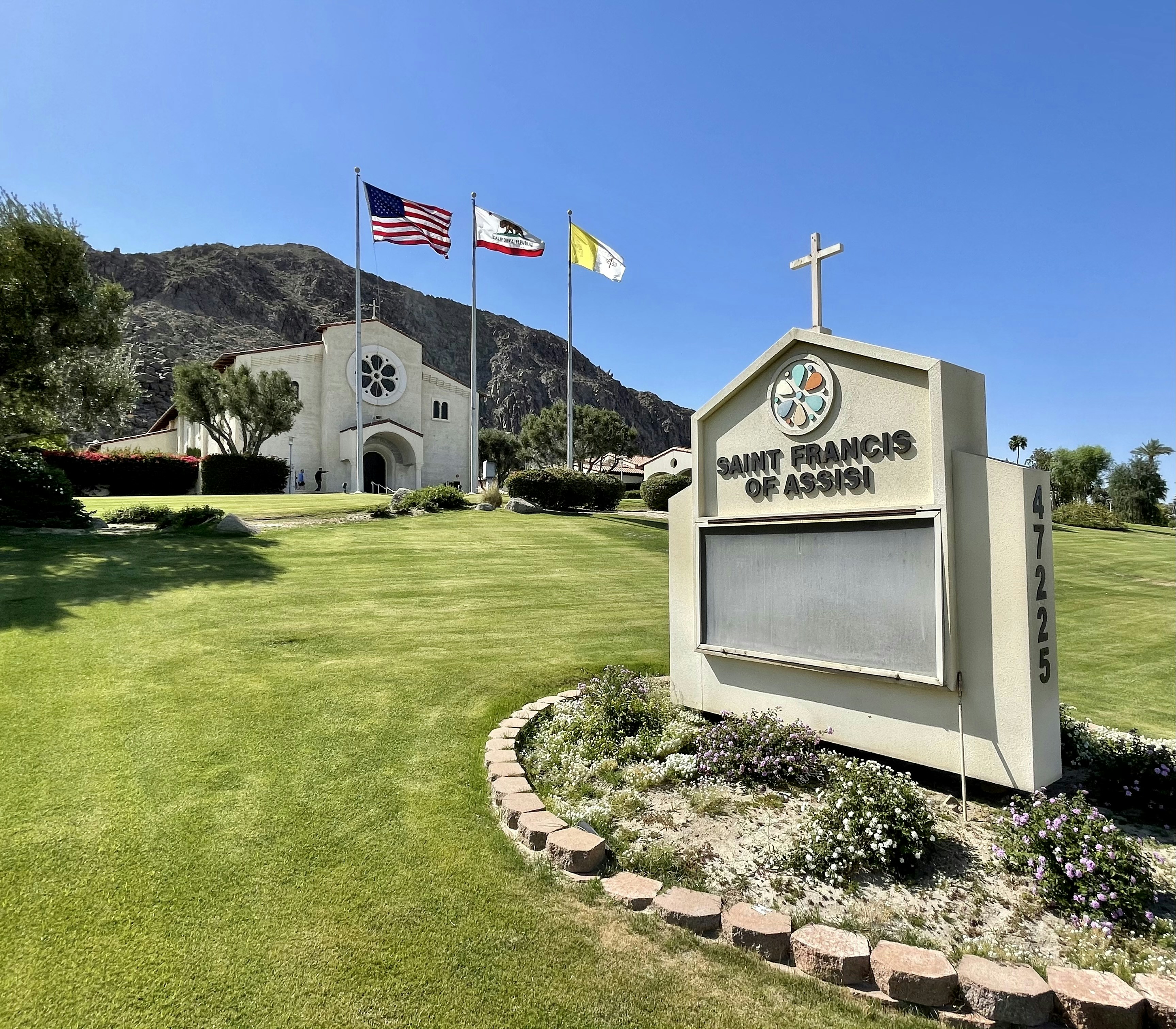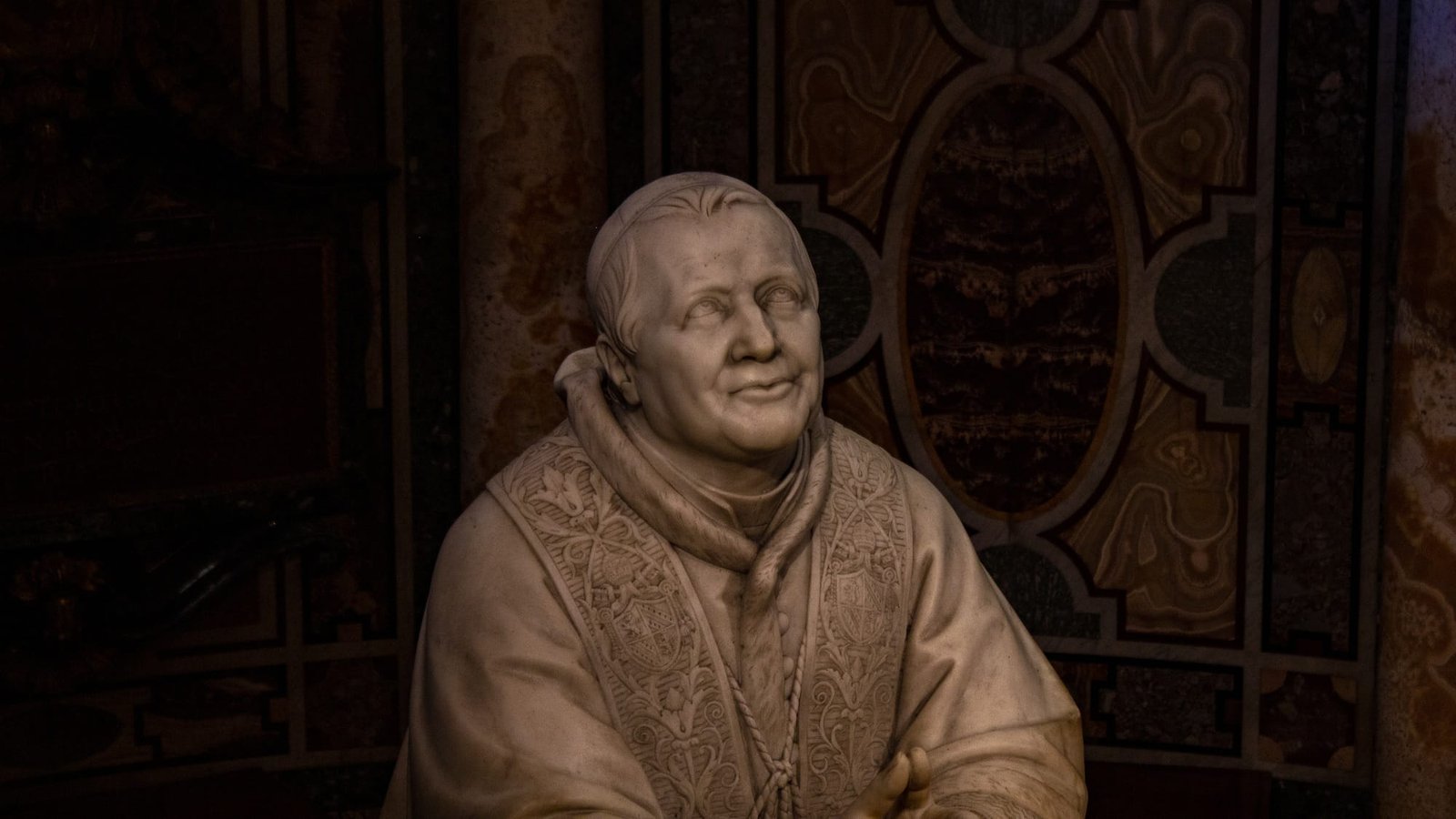
A Life Dedicated to Service and Faith
Pope Francis, born Jorge Mario Bergoglio in Buenos Aires, Argentina, on December 17, 1936, has dedicated his life to the principles of service and faith. Growing up in a middle-class family, he was deeply influenced by his parents who instilled in him the values of humility and kindness. These early lessons rooted his commitment to serving others, particularly the marginalized and impoverished. His experience as a Jesuit played a crucial role in forming his character, focusing on social justice, spiritual reflection, and the importance of education.
Following his religious vocation, Bergoglio entered the Society of Jesus, rising through the ranks of the Catholic Church with a deep dedication to pastoral work. He was ordained a priest in 1969 and later appointed as a bishop, marking the beginning of his influential journey within the Church. His leadership as the Archbishop of Buenos Aires and a cardinal allowed him to champion key issues such as poverty, immigration, and human rights. His commitment to social justice earned him a reputation as a humble pastor who prioritized the needs of his flock over institutional protocols.
The pivotal moment in his life came on March 13, 2013, when he was elected as the 266th Pope. He took the name Francis in honor of Saint Francis of Assisi, reflecting his focus on simplicity, peace, and the environment. His papacy has been characterized by a genuine care for humanity, advocating for dialogue, respect, and compassion across different cultures and faiths. Through numerous encyclicals and public addresses, Pope Francis has reiterated the necessity of building a more just and equitable world, reminding us all of our shared responsibility to uplift one another amid adversity.
Pope Francis’s Revolutionary Approach to Leadership
Pope Francis has notably transformed the perception of the papacy through his revolutionary approach to leadership, rooted in compassion and humility. His emphasis on these values has established a new paradigm for how religious leaders engage with their communities and the broader world. Central to his leadership style is a commitment to interfaith dialogue, allowing him to build bridges between diverse communities. This approach has fostered understanding and cooperation among different faiths, reinforcing the importance of tolerance and respect in a world that often grapples with division.
In addition to fostering interfaith relations, Pope Francis has made significant strides in reforming the Catholic Church. He has vigorously advocated for a more inclusive Church, publicly emphasizing the need to address the concerns of marginalized groups within society. By focusing on issues such as poverty, climate change, and social justice, he has positioned the Church as a proactive agent for positive change. His ability to bring global attention to these urgent challenges reflects his understanding of the Church’s role in advocating for the voiceless and the vulnerable.
Pope Francis’s global travels have further enhanced his leadership impact. By meeting with various religious and political leaders, he has broken down barriers that typically separate communities. These engagements are not merely ceremonial; they reflect a dedicated effort to promote dialogue and reconciliation. His outreach includes addressing the pressing issues of climate change and advocating for sustainable development, reminding us of the moral imperative to care for the planet and its inhabitants. Through his actions and teachings, Pope Francis’s leadership style embodies a call to action, urging individuals and institutions alike to embody compassion and inclusivity in their endeavors.
Pope Francis’s Enduring Messages and Teachings
Pope Francis, during his papacy, has consistently emphasized a message of mercy and forgiveness, which has resonated deeply with followers around the globe. His advocacy for a Church that prioritizes compassion is vividly illustrated in various encyclicals and public addresses. One such encyclical, “Evangelii Gaudium,” underscores the necessity of evangelization infused with joy and empathy, urging believers to reach out to those in the margins of society. This foundational document highlights the importance of engaging with poverty and social issues, allowing for a more profound understanding of inclusivity within the Church.
In addition to his encyclicals, Pope Francis has directly addressed the importance of caring for the marginalized through his speeches and public engagements. He has frequently pointed to the need for fostering relationships with the poor and the suffering, promoting a Church that acts as a refuge for all. His iconic phrase, “We are all a little fragile,” serves as a reminder that everyone deserves compassion and understanding, irrespective of their background or circumstances. Through these teachings, he not only advocates for social justice but also nurtures a culture of encounter, encouraging individuals to look beyond themselves and extend a helping hand to their neighbors.
The spiritual authority of Pope Francis is equally evident in his personal interactions with people from diverse walks of life. His willingness to embrace those often overlooked and his profound empathy have established him as a figure of hope and reconciliation. By addressing pressing global challenges, including climate change and inequality, he has highlighted the need for collective responsibility. His teachings extend beyond theology, invoking a sense of urgency to engage with the contemporary issues facing humanity, establishing a legacy that encourages continuous reflection on the values of love, compassion, and mercy.
The Future of the Catholic Church After Pope Francis
The Catholic Church stands at a significant crossroads as it contemplates a future without Pope Francis, who has been a transformative leader known for his progressive vision and efforts to modernize the Church. His successor will inherit not only the challenges associated with continuing his numerous reforms but also the broader necessity of upholding the unity and relevance of the Church in an increasingly secular world. One immediate concern is maintaining the momentum of the ongoing reforms introduced by Pope Francis, which aim to enhance inclusivity and foster dialogue within the Church. This includes greater attention to social justice, environmental stewardship, and interfaith dialogue, all themes that have characterized Francis’ papacy.
Moreover, the Catholic community worldwide will undoubtedly experience a period of reflection and adjustment following the loss of such a pivotal figure. The global reaction to Pope Francis’s passing will echo across parishes and congregations, prompting discussions about his legacy and what it means for the Church going forward. His influence has encouraged many to envision a more open and universal Church—one that not only addresses the needs of its followers but also engages with pressing global issues. As the Church approaches the conclave to choose the next pope, questions surrounding potential candidates and their ability to carry forward Francis’ legacy will be at the forefront of discussions.
Furthermore, the new pope will face the challenge of uniting a diverse Church, navigating varying perspectives and cultural contexts that exist within Catholicism. The selection will be crucial, as this leader will shape the direction of the Church for years to come. In this context, Pope Francis’ emphasis on mercy, compassion, and social responsibility will likely serve as a guiding light for the leadership to emerge from the Church’s hierarchical structure, influencing how future generations of leaders engage with their communities and the world at large.













